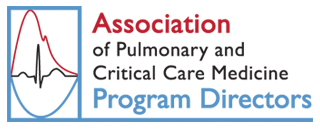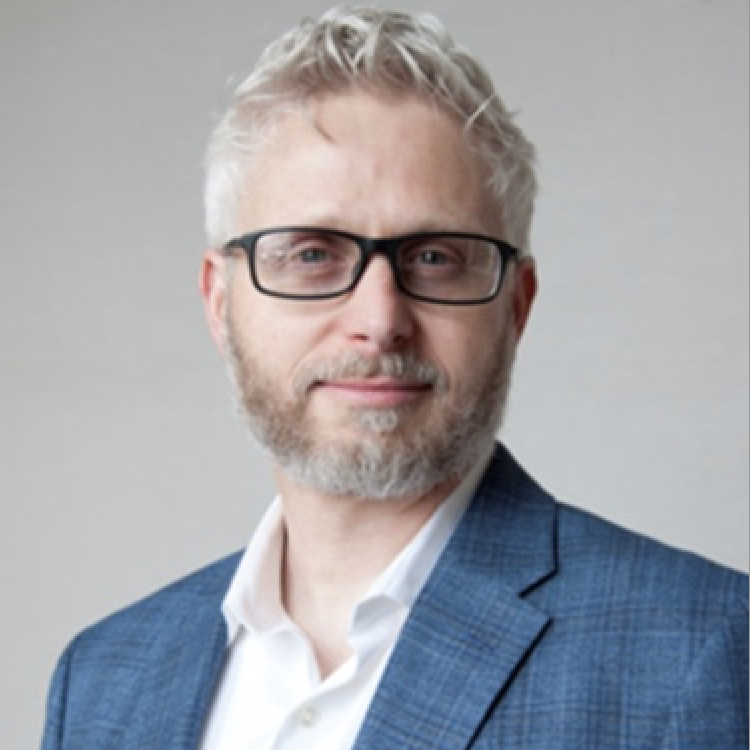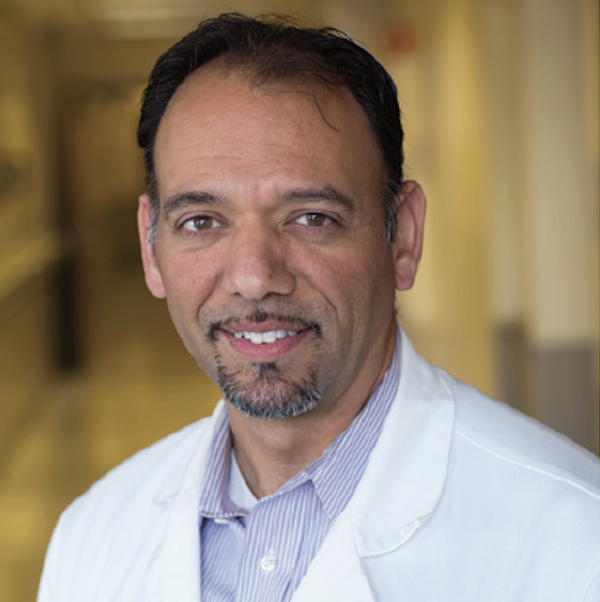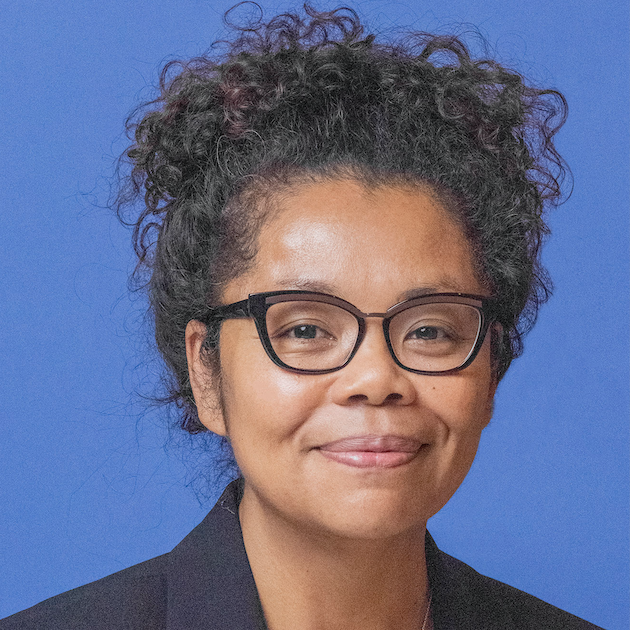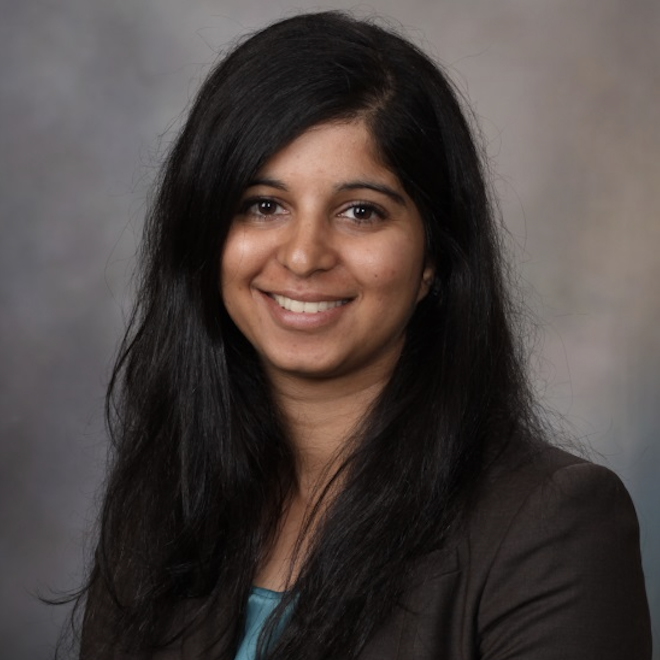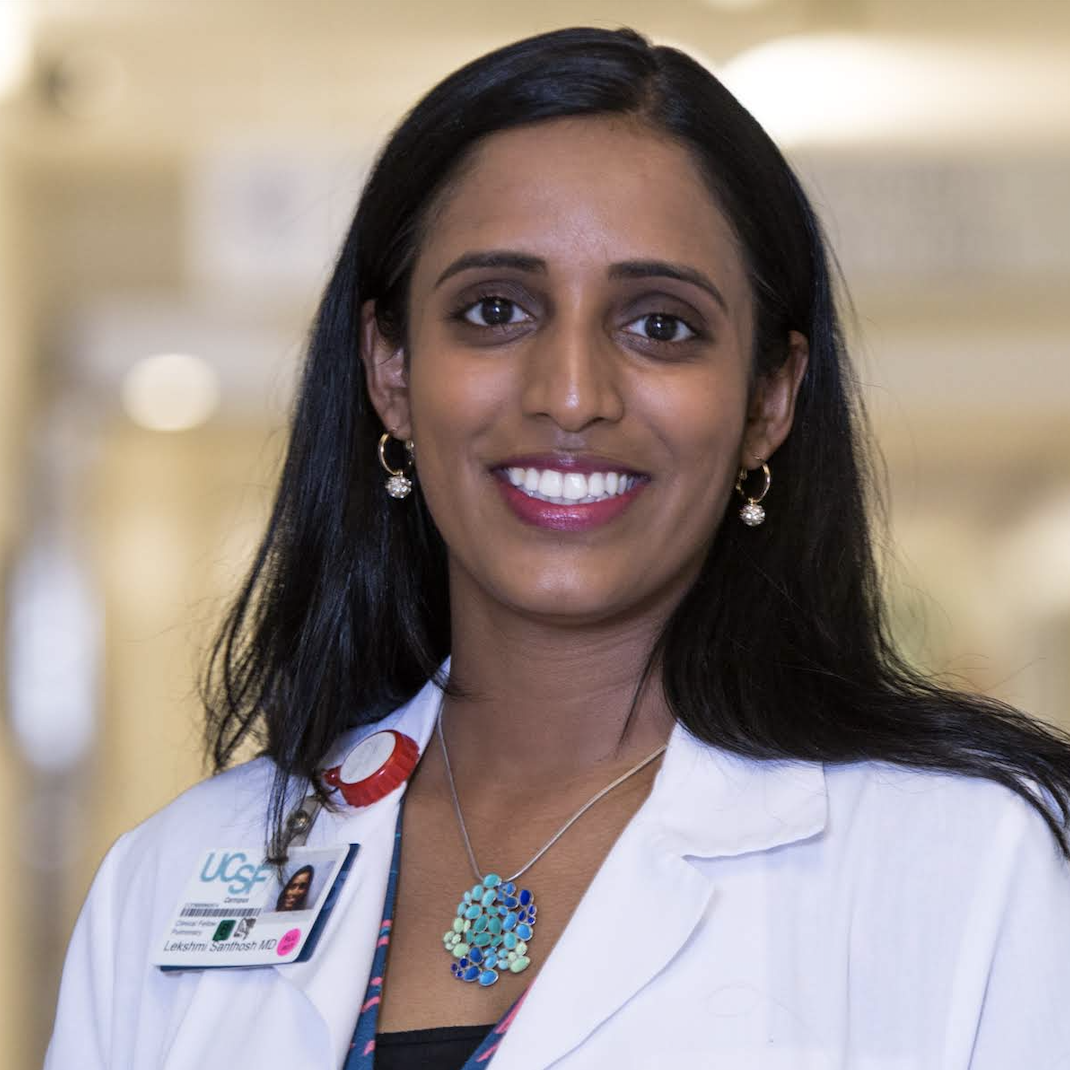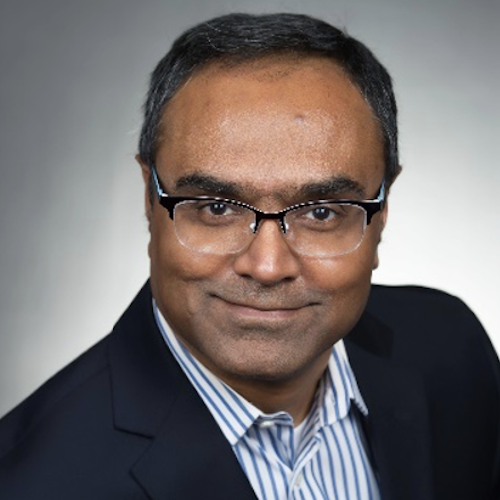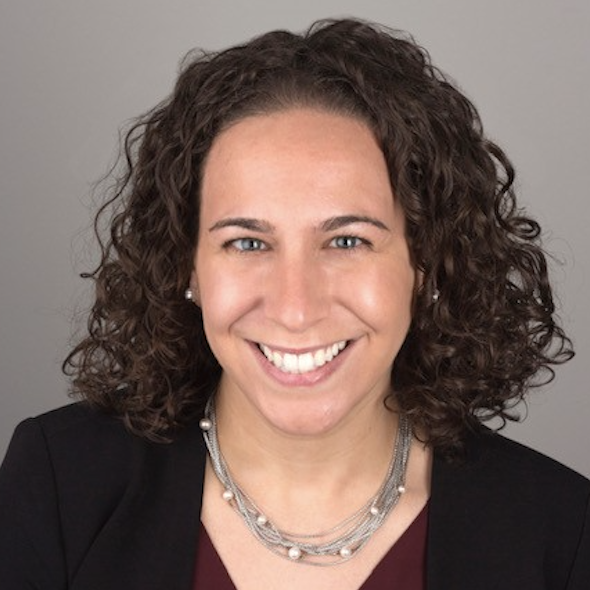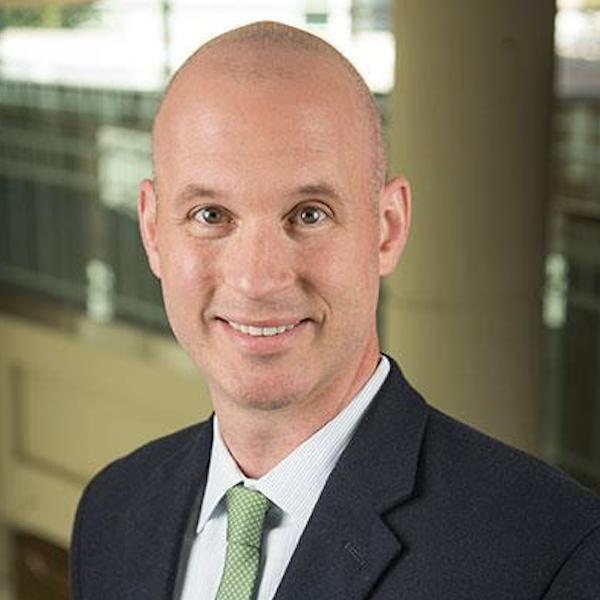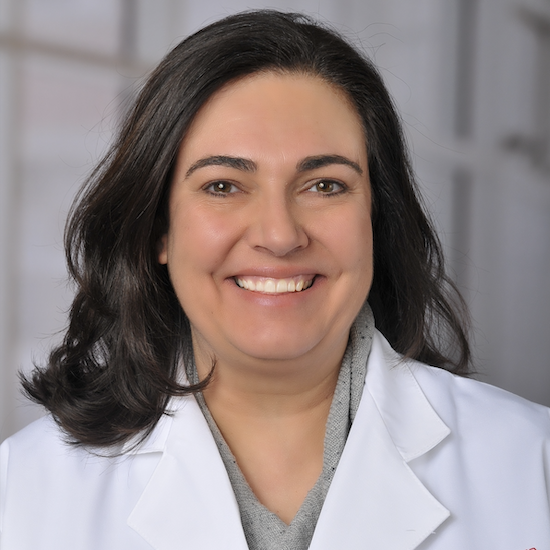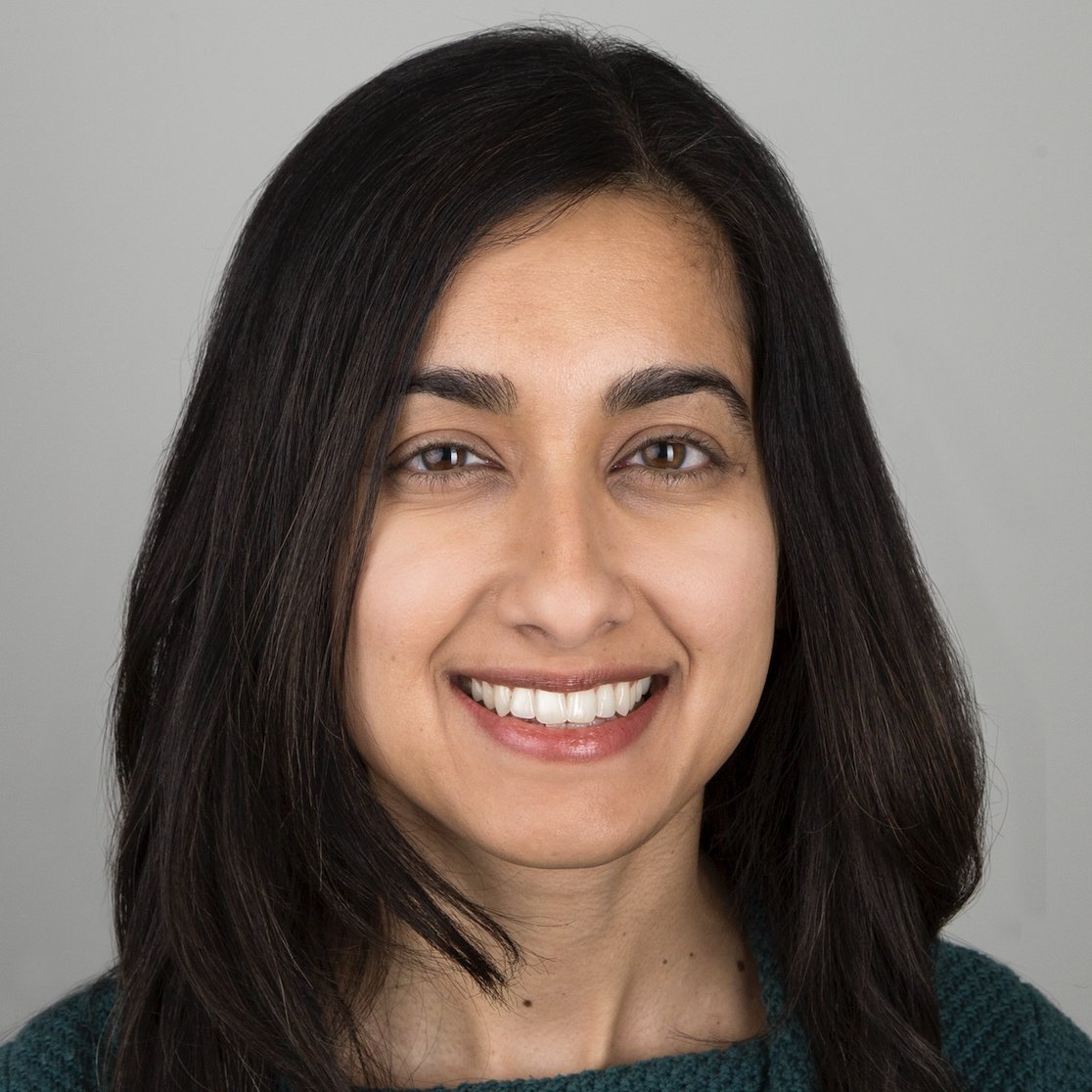2022 APCCMPD Annual Conference
Thursday, March 10, 2022
|
||||||||||||||||||||||||||||||||||||||||||||||||||||||||||||||||||||||||||||||||||||||||||||||
| GENERAL SESSIONS // THURSDAY, MARCH 10, 2022 |
|
| SESSION TIME / TITLE | SESSION DESCRIPTION |
| 8:00 AM - 8:05 AM (EST) Welcome and Introductions 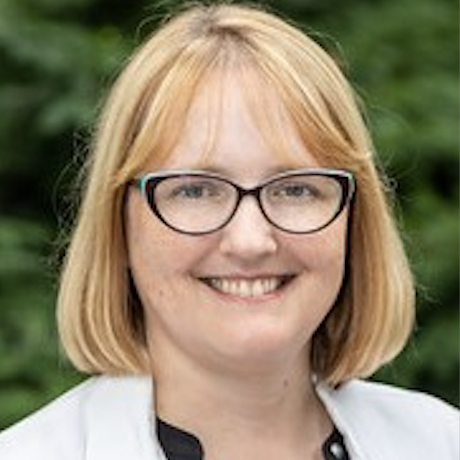 Maryl Kreider, MD, MSCE |
|
| 8:05 AM - 9:10 AM (EST) ACGME Update 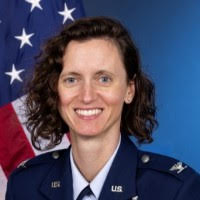 COL Heather Yun, MD |
Updates from the ACGME Internal Medicine Review Committee. |
| 9:10 AM - 9:35 AM (EST) National GME Policy Updates  Maryl Kreider, MD, MSCE |
The APCCMPD monitors national policies and regulations that impact GME at the fellowship level. Hear about new policy changes and issues the APCCMPD has responded to. |
| 9:35 AM - 10:40 AM (EST) Keynote Address Improving Fellows' Transgender Training and Awareness 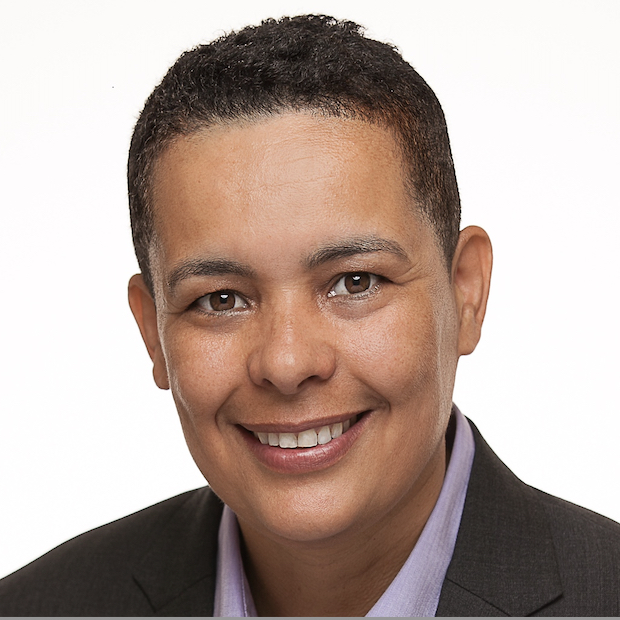 Asa Radix, MD, PhD, FACP |
Transgender and gender diverse (TGD) individuals experience many health disparities, including reduced healthcare access due to fear of discrimination. The lecture will address the current clinical practice guidelines for provision of care to TGD individuals, discuss health concerns that are relevant to Pulmonary and Critical Care Medicine fellows, and describe ways to improve TGD awareness and clinical competence. |
| 11:00 AM - 11:20 AM (EST) Teaching About Health Disparities, Race, and Racism 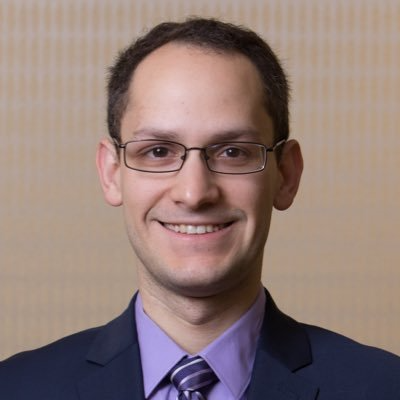 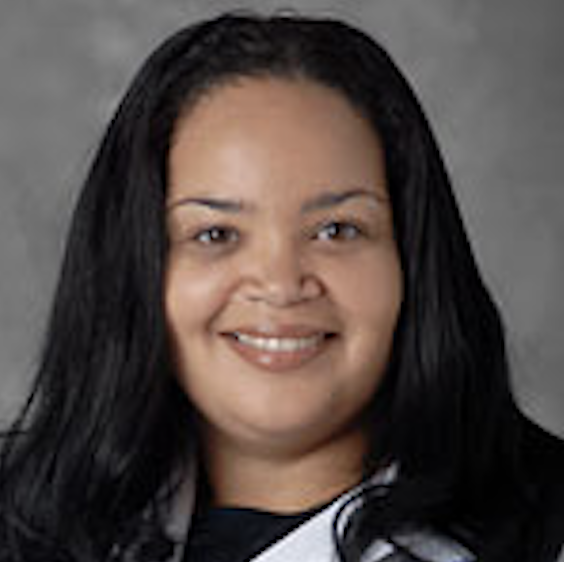 Hugo Carmona, MD; Geneva Tatem, MD |
Many medical educators want to teach about health disparities, race, and racism but often find it difficult due to either a lack of familiarity with the subject or a lack of strategy for how to address these issues after raising them. Often, we were not taught about these issues during our medical training and so we lack models for how to teach this material. We feel awkward talking about topics that we don’t fully understand ourselves and we worry that we won’t appear to be the expert teacher to our learners. In this workshop, we seek to allay some of the fears and empower attendees to feel comfortable discussing and teaching about health disparities, race, and racism. Session objectives: At the conclusion of this session participants should be better able to: 1. Incorporate discussions about health disparities, race, and racism into their teaching 2. Define key terms for discussions about health disparities, such as equality and equity, social determinant of health, disparity, and race. 3. Describe at least one example of a health disparity in pulmonary and critical care medicine. |
|
11:20 AM - 11:55 AM (EST) |
With Generation Z learners on the horizon, there is an increasing need for PCCM fellowship programs to meaningfully incorporate and capitalize on technology to create dynamic, learner-centered curricular experiences. Medical education adapted rapidly during the pandemic, transitioning to video-based conferences and e-learning platforms. As programs settle into the new normal, there is an opportunity to continue down the path of technologic innovation to approach many of the stickiest problems in PCCM fellowship leadership and administration, including assessment, quality, safety and value education, health equity, and recruitment. Session objectives: At the conclusion of this session participants should be better able to: 1. Share an example of a technology-based framework for 360-degree fellow assessment, tied to patient care process and outcome metrics. 2. Illustrate the use of EHR-dashboards to guide fellow education in quality, safety and value, including health disparity measurement and mitigation. 3. Review applications of social media and web presence as a recruitment tool. 4. Explore application of technology-based solutions to participants local program needs. |
| 1:00 PM - 1:10 PM (EST) 2022 APCCMPD Award for Novel Fellowship Education Implementation Mechanical Ventilation Training of Pulmonary Critical Care Fellows During the COVID-19 Pandemic 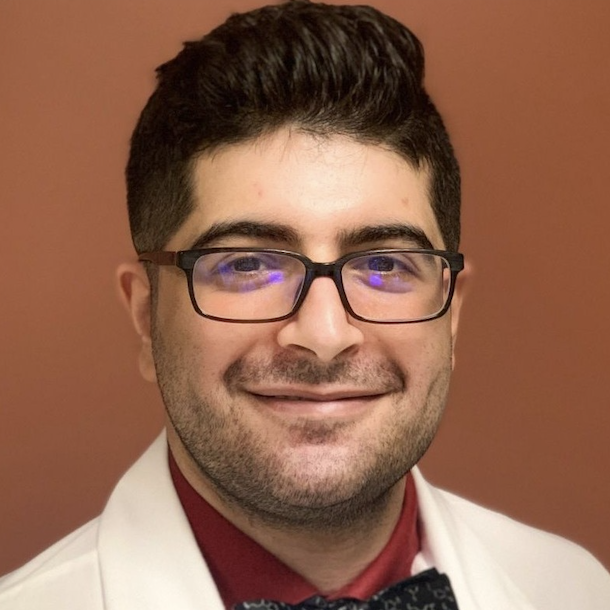 Aryan Shiari, MD |
Mastery of the competencies required for proficiency is not standardized or tailored to fellowship trainees. The unprecedented emergence of the SARS-CoV-2 pandemic has highlighted the need for advanced operator competency in MV to improve patients’ outcomes; however, there are no standardized MV curricula for rapid mastery. Our objective is to create a standardized MV curriculum using simulation and evidence-based practices for SARS-CoV-2 disease (COVID-19) for PCCM fellows. Session objectives: At the conclusion of this session participants should be better able to: 1. Describe mechanical ventilation management. 2. State best evidence-based practices for Sars-CoV-2. 3. Describe ARDS. 4. Describe liberation from mechanical ventilation. |
| 1:10 PM - 1:20 PM (EST) 2022 APCCMPD Award for Medical Education Research Fellows’ Experience and Perceptions of Airway Management Training Within Pulmonary and Critical Care Fellowship 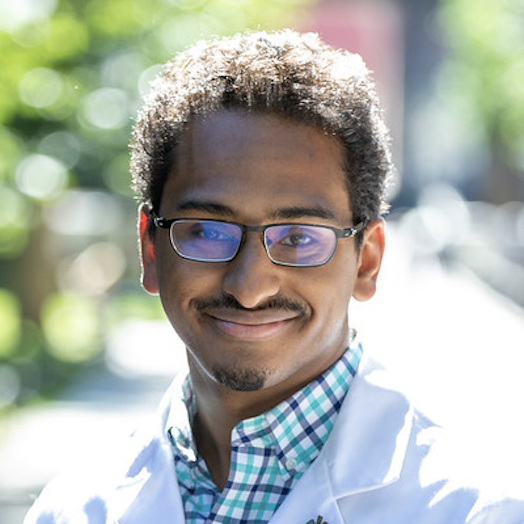 Christopher Ghiathi, MD |
Airway management is a high-risk procedural skill and required procedural competency for critical care trainees. However, there is a high degree of variability in clinical experience and fellowship program education in airway management skills, particularly endotracheal intubation. This lecture will discuss survey data gathered from pulmonary and critical care fellows about their experience with and perceptions of airway management training during pulmonary and critical care fellowship. |
| 1:20 PM - 1:35 PM (EST) 2022 APCCMPD Annual Fellow Survey Results The Impact of the COVID-19 Pandemic on Pulmonary and Critical Care Education: A National Survey 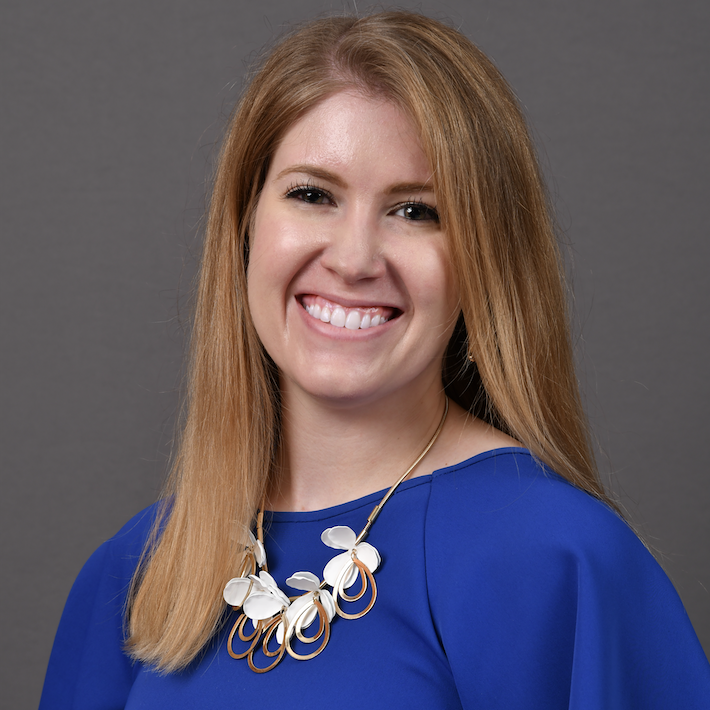 Jenn Duke, MD |
The advent of the COVID-19 pandemic has brought many unknowns to the field of medicine and the education of trainees. The APCCMPD Fellows Workgroup has developed the annual fellowship survey for circulation to P/CCM programs to assess fellows’ perceptions of changes in their education and provide insight into the best strategies to educate fellows in the future given the constraints of the pandemic. Session objectives: At the conclusion of this session participants should be better able to: 1. Review current literature on the impact of the COVID-19 pandemic on trainee education. 2. Describe development process for annual survey. |
| 1:35 PM - 1:40 PM (EST) General Session Wrap-Up and Breakout Orientation  Maryl Kreider, MD, MSCE |
|
| BREAKOUT SESSIONS // THURSDAY, MARCH 10, 2022 |
|
| 1:45 PM - 2:35 PM Small Group Session: Round 1, Breakout 1 Using Technology to Update Your Fellowship 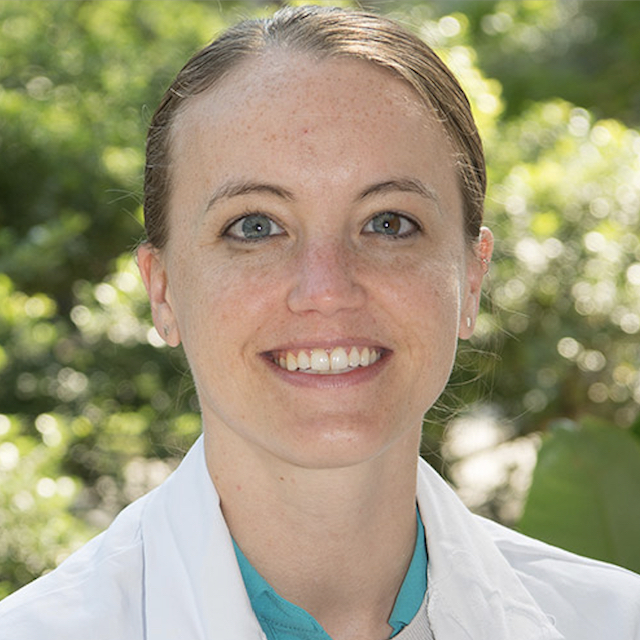 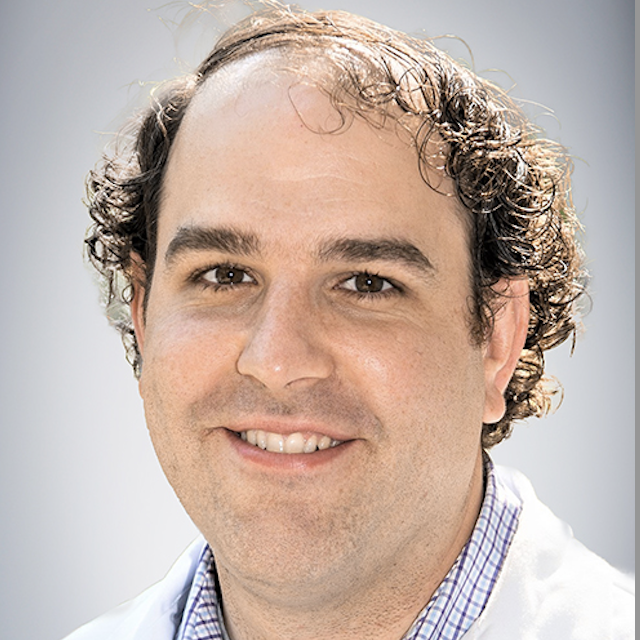 Cait Clancy, MD; Michael M. Rey, MD |
With Generation Z learners on the horizon, there is an increasing need for PCCM fellowship programs to meaningfully incorporate and capitalize on technology to create dynamic, learner-centered curricular experiences. Medical education adapted rapidly during the pandemic, transitioning to video-based conferences and e-learning platforms. As programs settle into the new normal, there is an opportunity to continue down the path of technologic innovation to approach many of the stickiest problems in PCCM fellowship leadership and administration, including assessment, quality, safety and value education, health equity, and recruitment. Session objectives: At the conclusion of this session participants should be better able to: 1. Share an example of a technology-based framework for 360-degree fellow assessment, tied to patient care process and outcome metrics. 2. Illustrate the use of EHR-dashboards to guide fellow education in quality, safety and value, including health disparity measurement and mitigation. 3. Review applications of social media and web presence as a recruitment tool. 4. Explore application of technology-based solutions to participants local program needs. |
| 1:45 PM - 2:35 PM (EST) Small Group Session: Round 1, Breakout 2 The Elusive PBLI2 Milestone: Utilizing Principles of Education Psychology to Develop Self-Regulated Learners 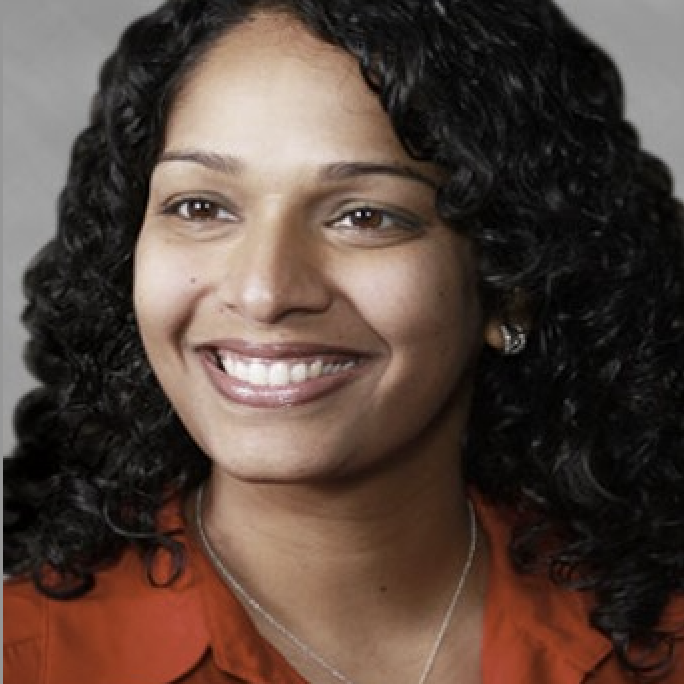 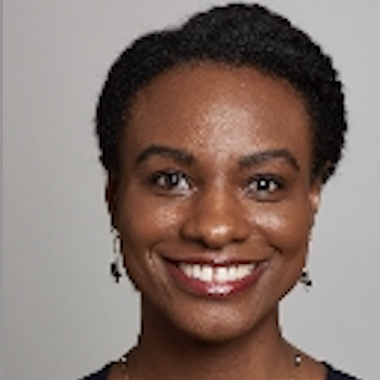 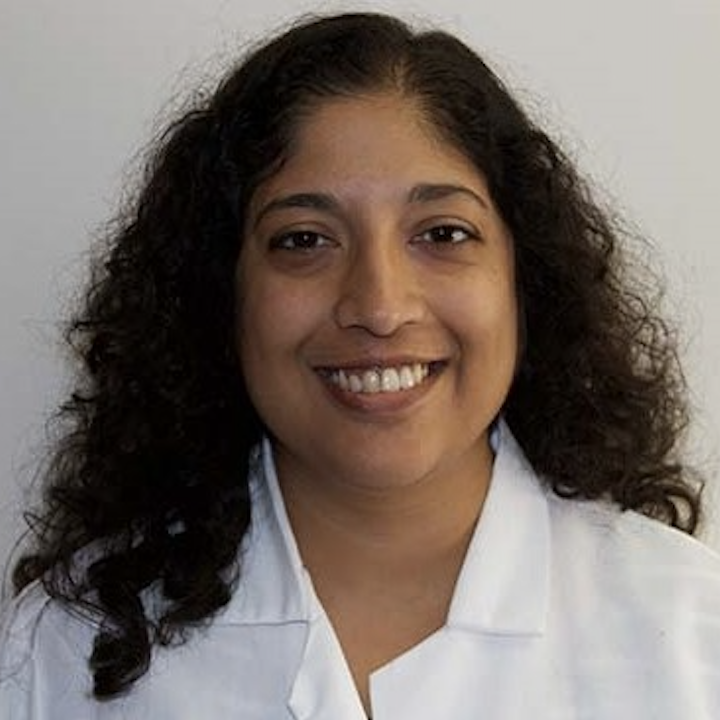 E. Mirna Mohanraj, MD; Lauren Blackwell, MD; Paru Patrawalla, MD |
Regular goal setting, self-observation, and self-reflection is necessary for lifelong learning. With iterative practice, novice learners can internalize these processes of self-regulation. Educators can facilitate self-regulated learning using a coaching framework rooted in education psychology. |
| 2:40 PM - 3:30 PM (EST) Small Group Session: Round 2, Breakout 3 Building a High-Quality QI Program 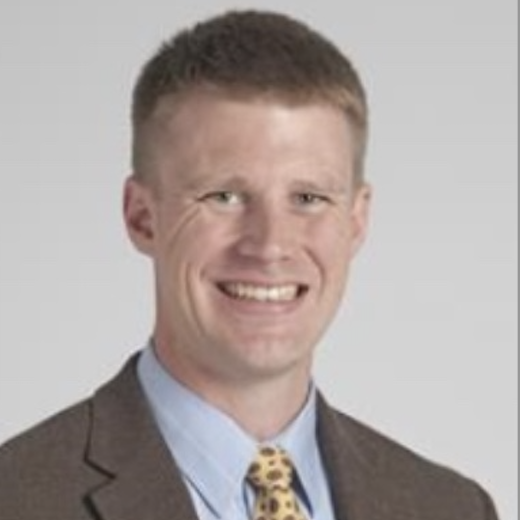 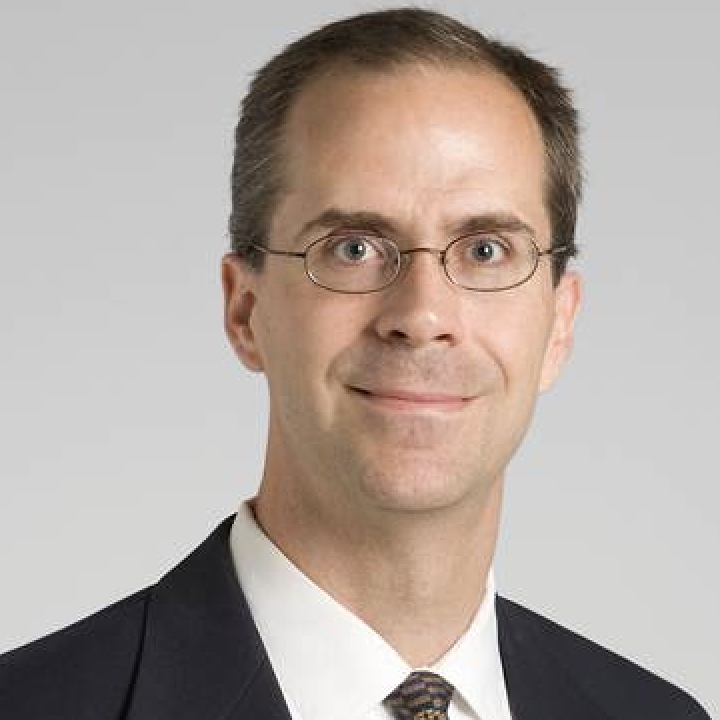 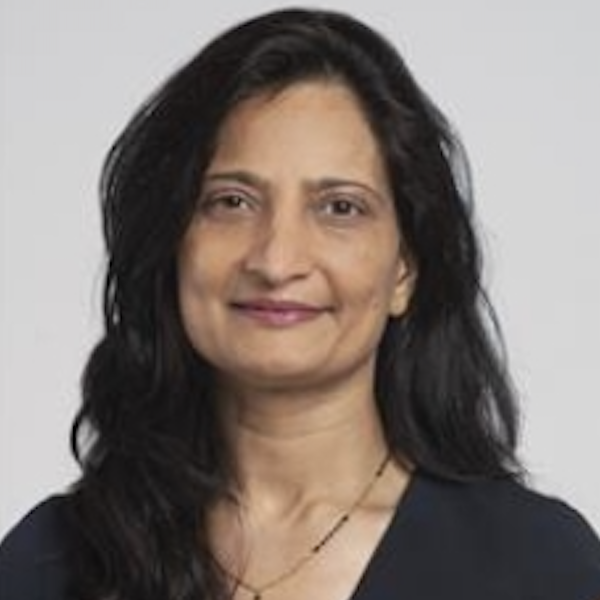 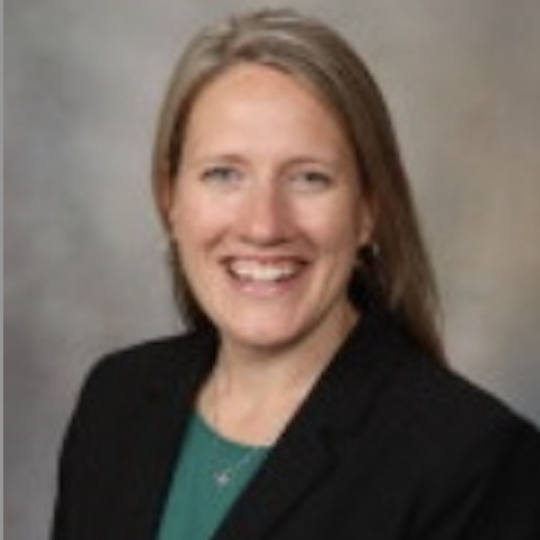 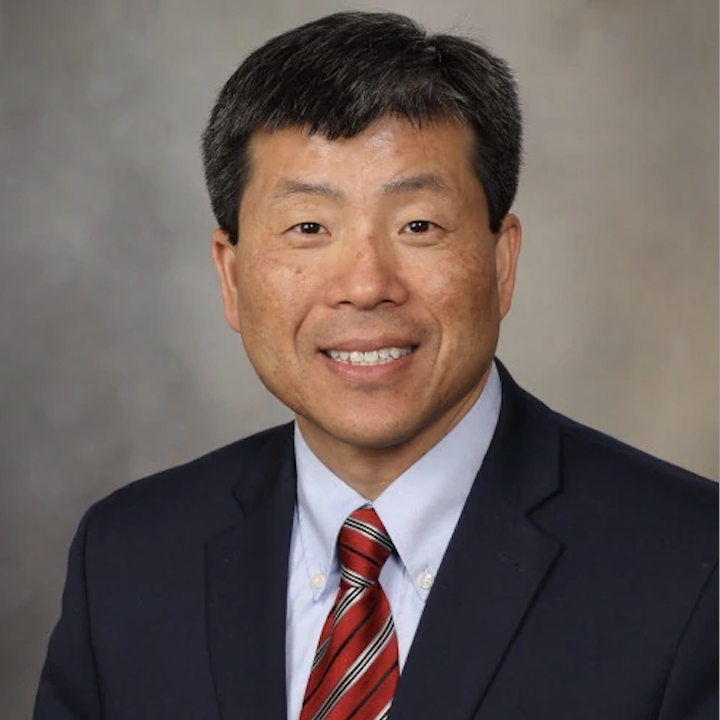 Neal Chaisson, MD; Rendell Ashton, MD; Aanchal Kapoor, MD, MEd; Darlene Nelson, MD, MHPE; John Park, MD |
As health care systems move from volume-based to value-based care, the importance of teaching Quality Improvement within medical education has grown. However, several challenges exist to implementing a high-quality curriculum. We will review two existing Quality Improvement programs and discuss potential solutions to some of the hurdles which impede training programs from developing their own high-quality QI curricula. |
|
2:40 PM - 3:30 PM (EST) |
This workshop is focused on helping program leaders interested in holistic review begin to develop a tool to align program values with a rigorous and reproducible selection process. The session will begin with a short review of holistic selection from a content expert and a reflection on the experiences of one program in implementing established best practices, including the impact of the process change on the fellowship. Small groups will work together to clearly define their individual program's values and priorities, and use these insights in the design of a customized evaluation rubric that could be used in their individualized selection process. Particular emphasis will be placed on consideration of "non-metric" attributes. Groups will also consider whether other best practices for increasing diversity and inclusion in the recruitment process could be useful to their program. Participants will be provided with additional resources that help promote this goal. |
| 3:50 PM - 4:40 PM (EST) Small Group Session: Round 3, Breakout 5 Workshop on Improving Fellows' Transgender Training and Awareness  Asa Radix, MD, PhD, FACP |
Transgender and gender diverse (TGD) individuals experience many health disparities, including reduced healthcare access due to fear of discrimination. The workshop will address the current clinical practice guidelines for provision of care to TGD individuals, discuss health concerns that are relevant to Pulmonary and Critical Care Medicine fellows, and discuss ways to improve TGD awareness and clinical competence. Session objectives: At the conclusion of this session participants should be better able to: 1. Describe the multi-level factors that contribute to health disparities for transgender and gender diverse individuals. 2. Review the current clinical practice guidelines for provision of care to TGD individuals. 3. Explain why knowledge of transgender health is important for Pulmonary and Critical Care Medicine fellows. 4. Describe ways to improve TGD awareness and clinical competence in postgraduate training programs. |
| 3:50 PM - 4:40 PM (EST) Small Group Session: Round 3, Breakout 6 Teaching About Health Disparities, Race, and Racism 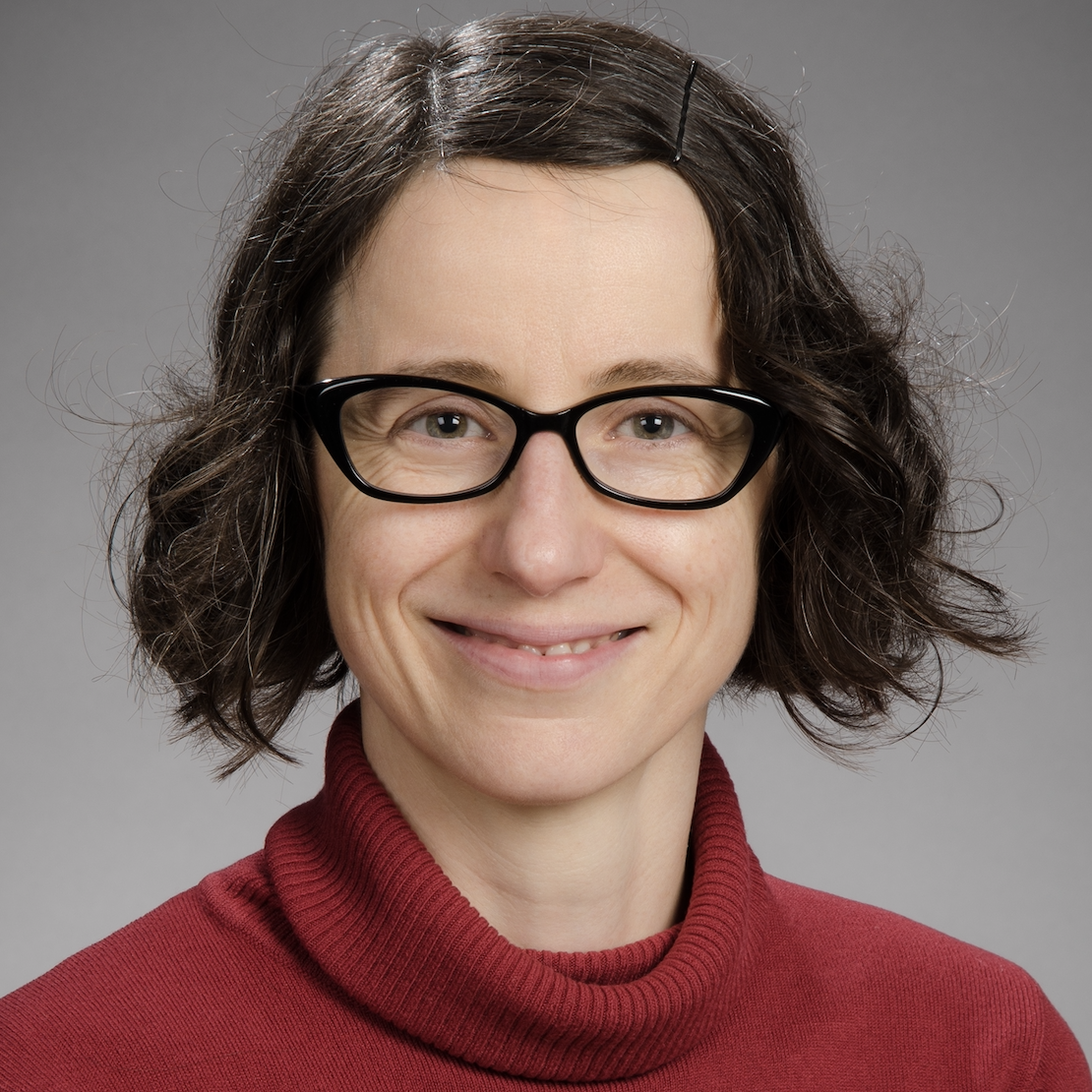 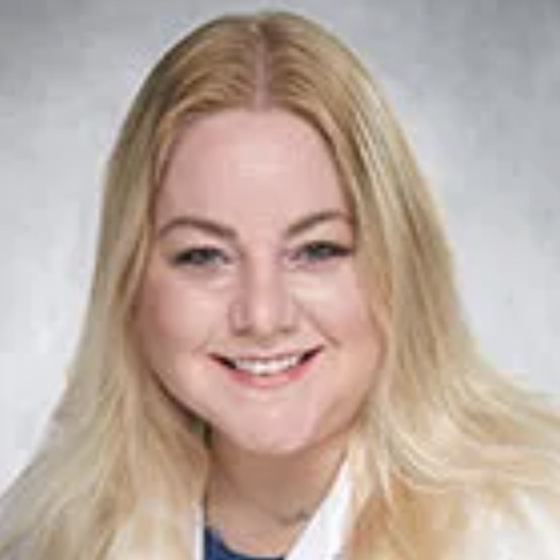  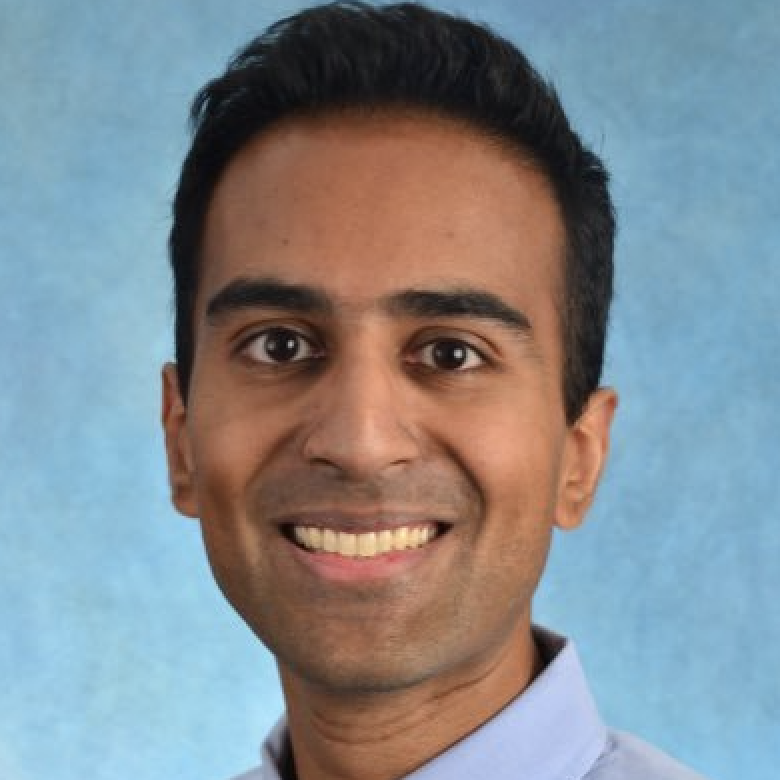  Rosemary Adamson, MB BS; Elizabeth Batchelor, MD, MME; Hugo Carmona, MD; Arun Kannappan, MD; Geneva Tatem, MD |
Many medical educators want to teach about health disparities, race, and racism but often find it difficult due to either a lack of familiarity with the subject or a lack of strategy for how to address these issues after raising them. Often, we were not taught about these issues during our medical training and so we lack models for how to teach this material. We feel awkward talking about topics that we don’t fully understand ourselves and we worry that we won’t appear to be the expert teacher to our learners. In this workshop, we seek to allay some of the fears and empower attendees to feel comfortable discussing and teaching about health disparities, race, and racism. Session objectives: At the conclusion of this session participants should be better able to: 1. Incorporate discussions about health disparities, race, and racism into their teaching 2. Define key terms for discussions about health disparities, such as equality and equity, social determinant of health, disparity, and race. 3. Describe at least one example of a health disparity in pulmonary and critical care medicine. |
| 4:45 PM - 5:35 PM (EST) Small Group Session: Round 4, Breakout 7 Book Club–Our Iceberg is Melting: Changing and Succeeding Under Any Conditions 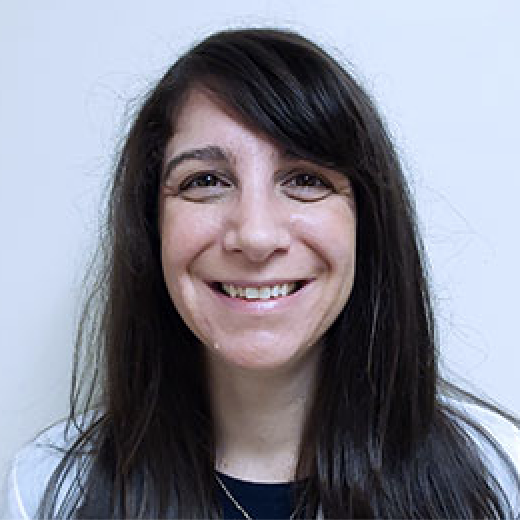 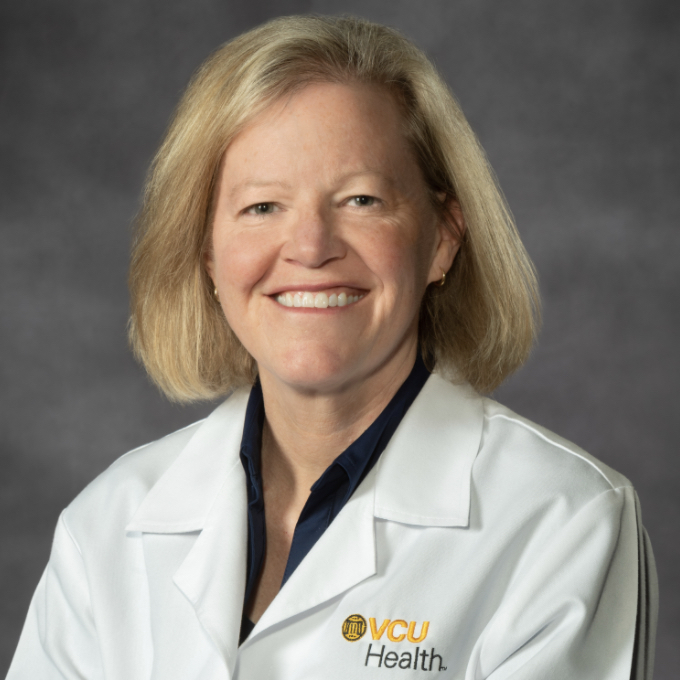 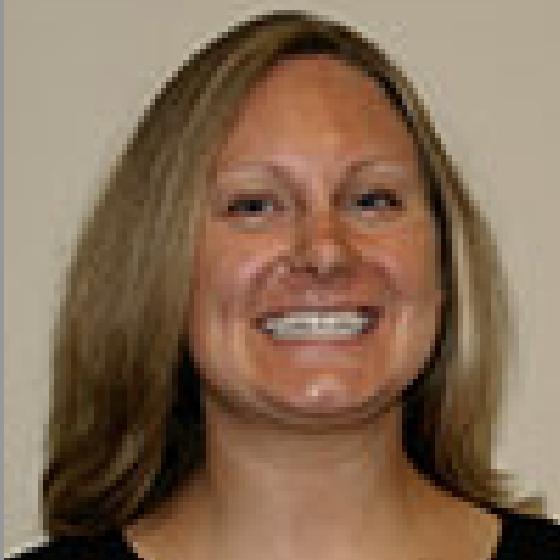 Elizabeth Awerbuch, DO; Lisa Brath, MD; Keriann Van Nostrand, MD |
In this APCCMPD Book Club session, attendees will have the opportunity to participate in a guided discussion of Our Iceberg Is Melting: Changing and Succeeding Under Any Conditions by John Kotter. Most of the denizens of the Antarctic penguin colony sneer at Fred, the quiet but observant scout who detects worrying signs that their home, an iceberg, is melting. Fred must cleverly convince and enlist key players, such as Louis, the head penguin; Alice, the number two bird; the intractable NoNo the weather expert; and a passel of school-age penguins if he is to save the colony. Their delightfully told journey illuminates in an unforgettable way how to manage the necessary change that surrounds us all. Simple explanatory material following the fable enhances the lasting value of these lessons. Our Iceberg Is Melting is at once charming, accessible and profound; a treat for virtually any reader. Session objectives: At the conclusion of this session participants should be better able to: 1. Engage in critical discussion of the book. |
| 4:45 PM - 5:35 PM (EST) Small Group Session: Round 4, Breakout 8 IM-CCM Match: Sharing What Worked 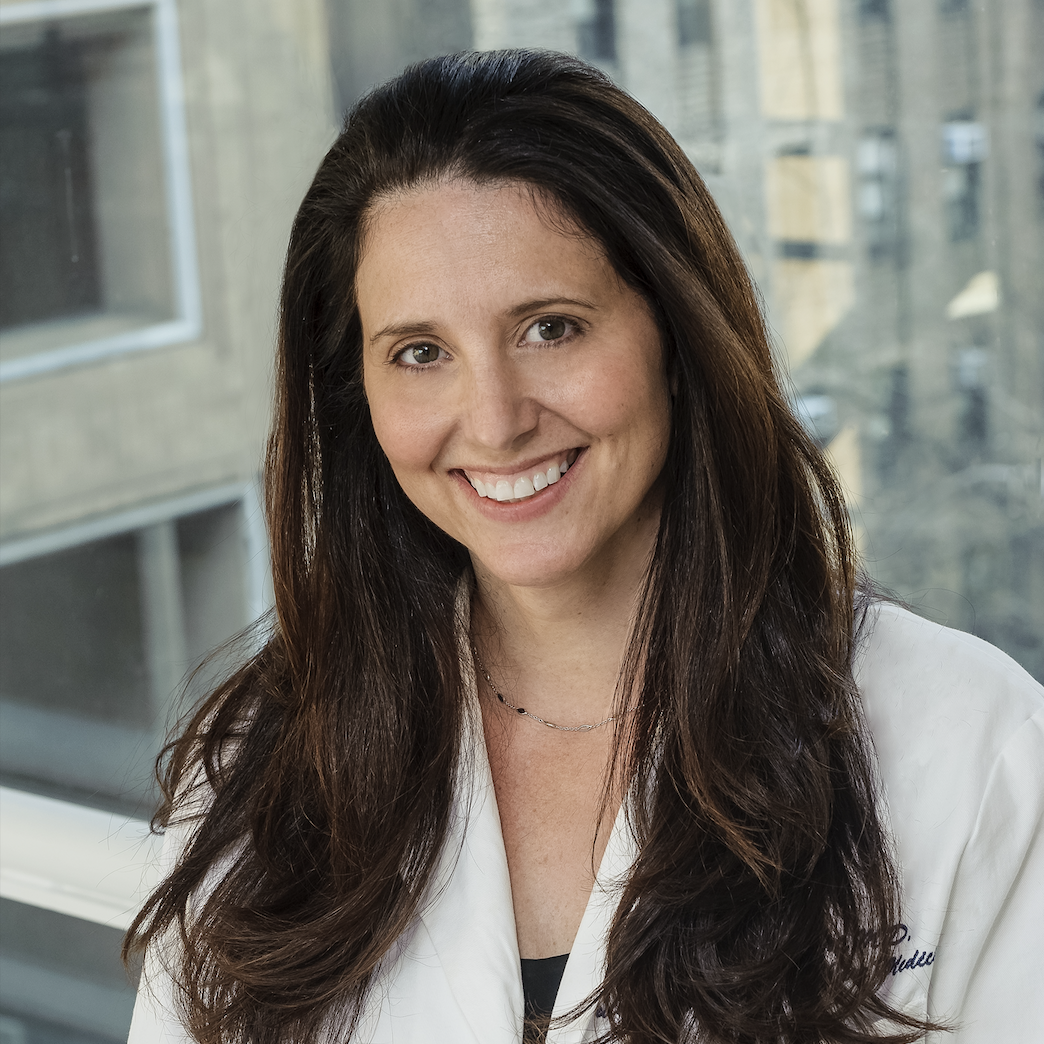  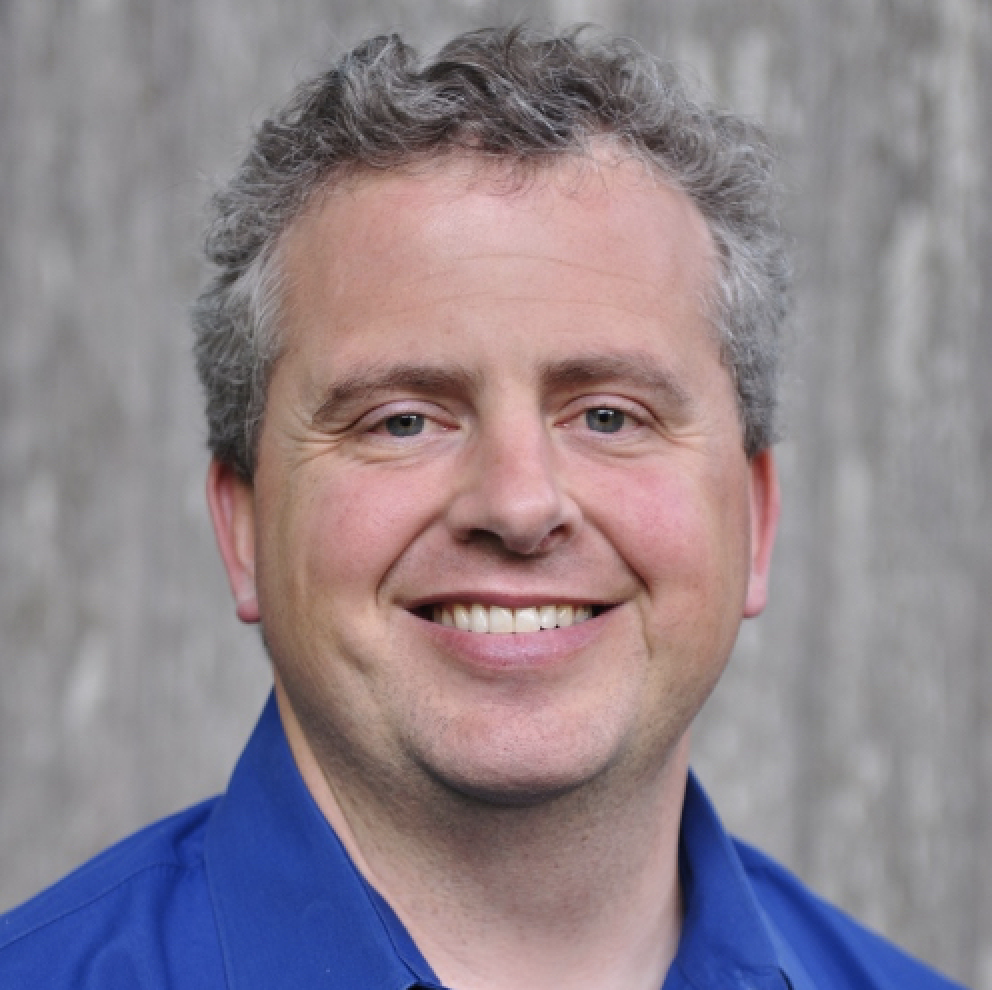 Kristin M. Burkart, MD, MSc; Jason Moore, MD; Bart Moulton, MD |
The APCCMPD, in collaboration with ATS, CHEST, and SCCM, worked with Internal Medicine-Critical Care Medicine (IM-CCM) Program Directors to establish an IM-CCM Match with the National Resident Matching Program (NRMP). The IM-CCM Match was established in April 2021. IM-CCM Programs completed their inaugural NRMP Match on December 2, 2021. This workshop allows IM-CCM Program Directors and faculty to share their experiences with this initial NRMP Match. |
Friday, March 11, 2022
All Times are in Eastern Time Zone
| GENERAL SESSIONS // FRIDAY, MARCH 11, 2022 |
|
| SESSION TIME / TITLE | SESSION DESCRIPTION |
| 8:00 AM - 8:20 AM (EST) Opening Remarks and 2021 APCCMPD Fellowship Benchmarking Survey Results  Maryl Kreider, MD, MSCE |
For the 10th consecutive year, we are surveying pulmonary, critical care and pulmonary/critical care medicine Program Directors in an effort to provide benchmarks by which they can evaluate their own fellowship. This survey addresses: 1. Program Characteristics and Leadership 2. ICU Staffing 3. Procedural Training 4. Sleep Training 5. Pulmonary Artery Catheterization Training 6. Fellowship Application and Orientation |
| 8:20 AM - 9:10 AM (EST) Medical Education Literature Year-in-Review 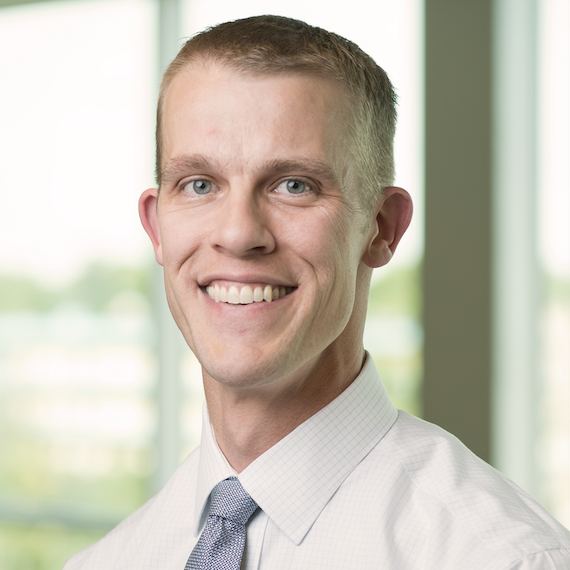 Tristan Huie, MD |
This session will review the key medical education literature for pulmonary and critical care educators from the preceding year. Session objectives: At the conclusion of this session participants should be better able to: 1. Review methods and conclusions of key publications from 2020 addressing procedural training, simulation, communication and trainee assessment. 2. Discuss areas for additional study and collaboration in the APCCMPD community and beyond. |
| 9:10 AM - 10:10 AM (EST) Keynote Address Medical Education Career Pathways: Addressing Burnout in Your Established Career and Planning Your Next Step  Abby L. Spencer, MD, MS, FACP |
APCCMPD supports pulmonary, critical care, and pulmonary and critical care medicine training faculty and aspires to foster excellence in training and mentoring of the next generation of educators. However, burnout is at an all-time high for physicians and trainees, and is particularly high for frontline ICU physicians caring for patients, colleagues, family, and trainees with COVID. This talk will address the impact of COVID on Program Directors and their career paths, including those who choose to stay and those who choose to move on from their roles as Program Directors. |
| 10:30 AM - 10:50 AM (EST) 2022 Outstanding Educator Award Presentation and Lecture Good Ideas Are Not Enough: Learning From Failures While Striving For Success 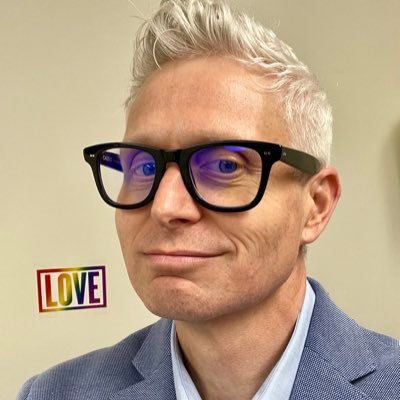 James Frank, MD, MA |
The session will review lessons learned through an academic career and share a framework that supports the implementation of ambitious programmatic changes. It will review the rewards of taking risks guided by critical self-reflection and an approach to program success that leverages principles of change management. Session objectives: At the conclusion of this session participants should be better able to: 1. Provide education leaders with one approach to ushering large-scale change while preserving core program strengths. |
|
10:50 AM - 10:55 PM (EST) Mid-Career Educator Award Emerging Educator Award |
The Mid-Career Educator Award honors mid-career individuals who are actively engaged in enhancing the practice and profession of pulmonary and/or critical care medicine through education. The Emerging Educator Award honors up-and-coming clinician-educators for their work in delivering and promoting medical education in pulmonary, critical care, and/or pulmonary/critical care medicine through various means at the local and regional levels. |
|
10:55 AM - 11:35 AM (EST) Supplemental Applications From the Resident Perspective |
2021-2022 was a trial year for supplemental applications in internal medicine, surgery, and dermatology. It is likely, based on need and Program Director (PD) feedback over time, that some version of this process will be implemented for fellowship recruitment in the near future. Understanding the process, the benefits, and the disadvantages are critical to PCCSM PDs advocating for the process that works for them, as well as advising their own applicants and educational leadership teams. Session objectives: At the conclusion of this session participants should be better able to: 1. Discuss the new supplemental application from the perspectives of a residency Program Director and resident. 2. Highlight the positive and potential negative aspects of this new process on fellowship recruitment. |
| 11:35 AM - 12:05 PM (EST) Bronchoscopy Assessment for Pulmonary Training Programs 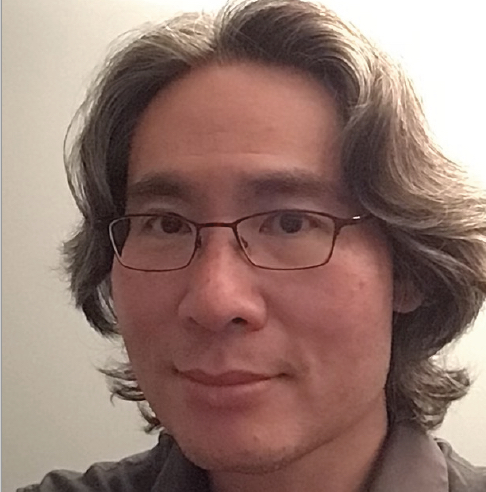 Nha Voduc, MD |
Competency-based medical education has highlighted the need for validated evaluation tools. This talk will review existing tools available for the assessment of bronchoscopy proficiency, focusing on the Ontario Bronchoscopy Assessment Tool (OBAT). The application of the OBAT in pulmonary training programs will be discussed. |
| 12:05 PM - 12:20 PM (EST) 2022 APCCMPD Scholarship in Medical Education Research Award Integration of Succinct Video Podcasts into the Pulmonary and Critical Care Curriculum 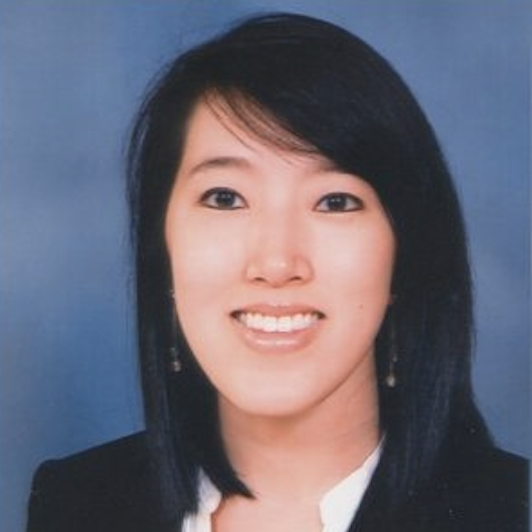 Erica Lin, MD |
Technological advancements are rapidly changing the face of medical education with asynchronous learning techniques gaining tremendous popularity over the past few years. As this paradigm shifts from the traditional to virtual classroom, it is essential for clinician-educators to acknowledge the importance of e-Learning in medical education and adapt their teaching methodology to integrate this digitized content. Audio and/or video podcast is one example of this asynchronous learning medium and has been shown to improve knowledge and enhance learning. We hypothesize that augmenting medical education with audio-visual tools will improve learners' knowledge acquisition in a succinct format. For this awarded project, we aim to develop, implement, and evaluate whether a curriculum with audio and/or video podcasts could be easily integrated into a Pulmonary and Critical Care fellowship program. This lecture will discuss the logistics of creating audio-visual podcasts in order to educate postgraduate students on basic outpatient Pulmonary and Critical Care Medicine topics.
Session objectives: |
| 12:20 PM - 12:35 PM (EST) Update on 2020 Scholarship in Medical Education Research Award Understanding the Educational Roles of Interprofessional Providers in the ICU |
Interprofessional teaching (IPT) represents a way to promote team-based patient care in the ICU. A better understanding of current practices and attitudes about IPT are needed in order to potentially design IPT-based interventions to promote collaboration and enhance clinical education. We will present the design and preliminary results of a study to evaluate the current teaching behaviors of interprofessional providers and investigate perceptions of interprofessional ICU providers as teachers for medical learners. Session objectives: At the conclusion of this session participants should be better able to: 1. Understand the concept of interprofessional teaching. 2. Describe the potential benefits of interprofessional teaching in the intensive care unit. 3. Consider evidence-based interventions to promote interprofessional teaching in the ICU. |
| 12:35 PM - 12:45 PM (EST) Rapid Poster Presentations  Maryl Kreider, MD, MSCE |
Jenn D. Duke, MD Mayo Clinic Interview Innovations: Creating a Virtual Second Look Day for Applicant Aanchal Kapoor, MD, MEd Cleveland Clinic Quality in Leadership: Utilizing Quality Improvement Training to Teach Leadership Principles Hailey Gupta, MD Icahn School of Medicine at Mount Sinai Morningside Engaging Physician Trainees Through Bedside Intensive Care Unit (ICU) Narratives |
| 12:45 PM - 12:50 PM (EST) Closing Remarks  Maryl Kreider, MD, MSCE |
|
Thursday, March 10, 2022: Program Coordinator Workshop
All Times are in Eastern Time Zone
| PROGRAM COORDINATOR WORKSHOP // THURSDAY, MARCH 10, 2022 |
|
| SESSION TIME / TITLE | SESSION DESCRIPTION |
| 8:00 AM - 10:40 AM (EST) Same Morning General Sessions as Above |
|
| 11:00 AM - 11:15 AM (EST) Welcome and Introduction of the Planning Committee 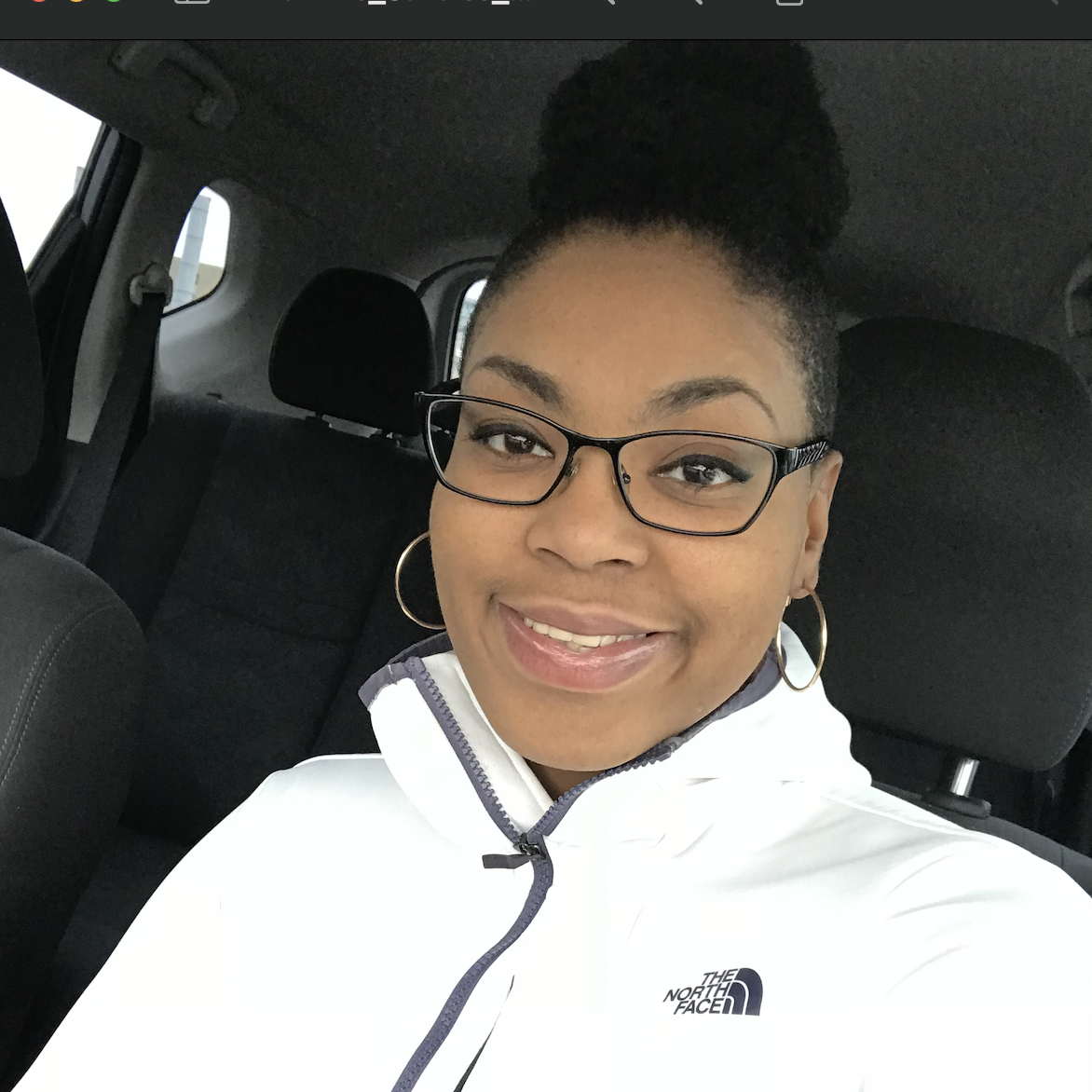 Candice J. Hankins |
|
| 11:15 AM - 11:45 AM (EST) Professional Development: Career Pathways, Mentoring, and Wellness  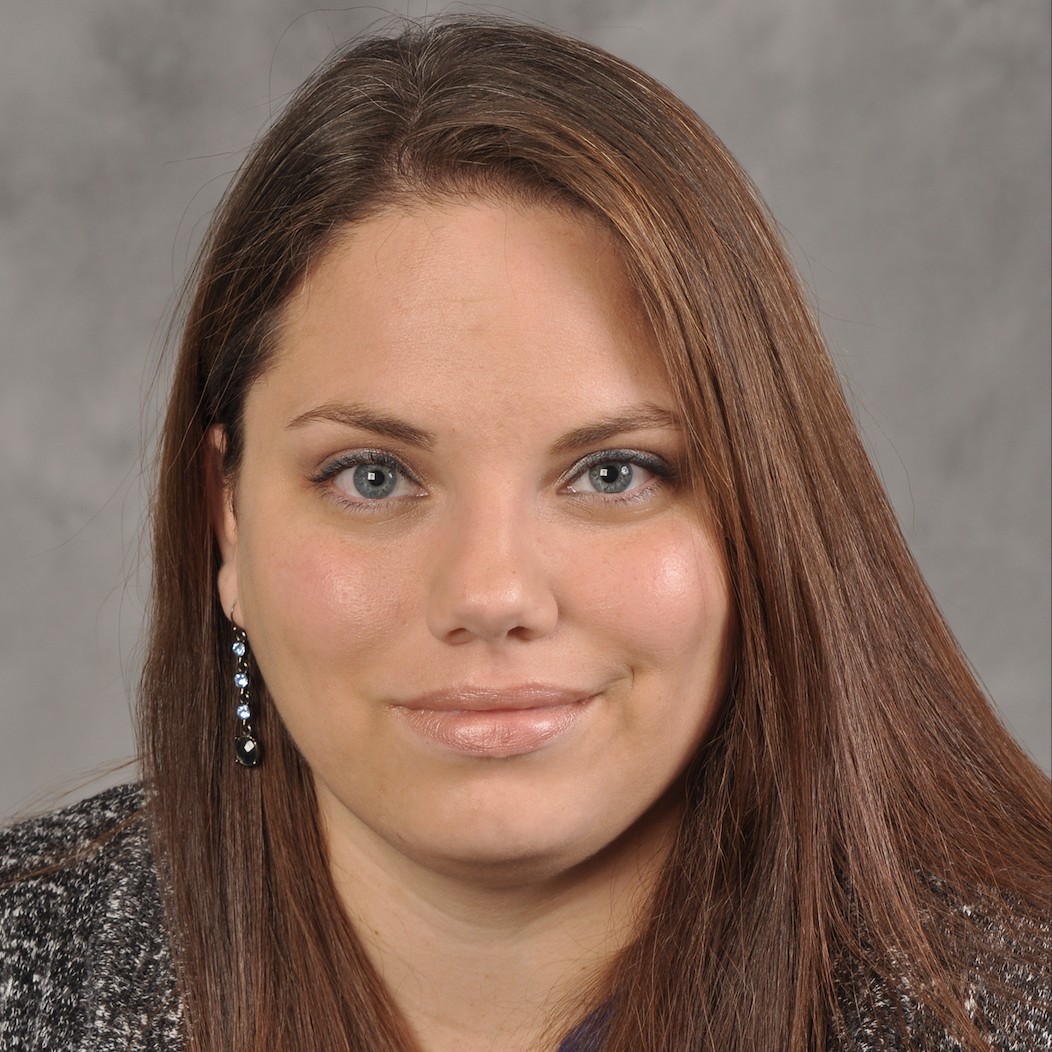 Candice J. Hankins, Andrea J. Hadcock, C-TAGME |
This session will discuss how to develop yourself personally, professionally and holistically. |
| 1:00 PM - 1:45 PM (EST) C-TAGME: What is it? How Will it Support Professional Growth? 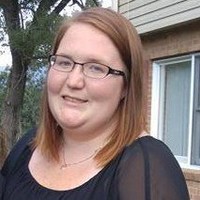 Jessica Ratcliffe, MBA, C-TAGME |
|
| 1:45 PM - 2:00 PM (EST) Fellowship Program Administration Timeline  Candice J. Hankins |
This session will discuss the various key time points throughout the academic year of a fellowship coordinator or administrator. |
| 2:10 PM - 3:10 PM (EST) Best Practice for Interviews: Components of an Applicant Website, Strategies for Conducting Interviews 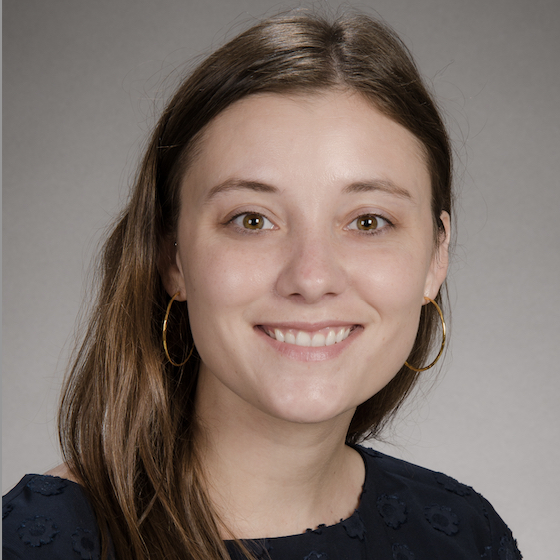  Kelli Alderman, Candice J. Hankins |
This session will focus on best practices for recruitment season. Speakers will provide tips for creating an applicant website that is both useful and helps the program stand out, and will discuss successful strategies for conducting interviews. Session objective: 1. Identify key components of building an applicant website. |
| 3:10 PM - 3:30 PM (EST) ACGME Updates: Milestones 2.0—Focused Revisions to Program Requirements  Andrea J. Hadcock, C-TAGME |
Provide an understanding of the new Milestones 2.0 in regards to evaluation mapping to shift to a more competency-based medical education. Session objectives: 1. Review of Milestones 2.0. 2. Review evaluation mapping. |
| 3:50 PM - 4:50 PM (EST) What is My Role and How Does That Work Together? The CCC, the PEC and Evaluations  Jessica Ratcliffe, MBA, C-TAGME |
This session will provide program coordinators with details on their roles and responsibilities related to the Clinical Competency Committee (CCC) and Program Evaluation Committee (PEC). Speaker will provide best practices for coordinator role in preparing and participating in each meeting. The session will also cover coordinator roles related to program evaluations. |
| 4:50 PM - 5:35 PM (EST) Fellowship Program Policy Development  Kelli Alderman |
This session is designed to aid program coordinators in identifying what policies should be in place at the program level (ie, ACGME requirements, institutional requirements, program-specific requirements). The session will also cover components of a well-developed policy. |
| 5:35 PM - 6:00 PM (EST) Open Forum: How Can the APCCMPD Help You? and Closing Remarks  Candice J. Hankins |
An open forum to share and discuss ways the APCCMPD can support the Program Coordinator community. Session objective: 1. Learn how to access and utilize documents in the APCCMPD toolbox, share best practices, and closing remarks. |
